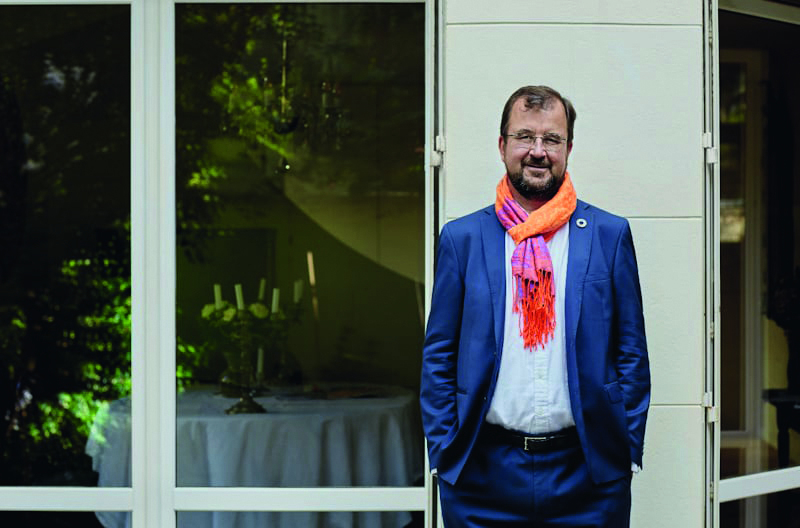A new global pact? Is it really necessary?

On June 22-23, France will be hosting a summit in Paris for a new global financial pact. As centrifugal forces of various kinds – geopolitical, economic, social, energy-related, humanitarian, and more – unfold, the idea may appear either bizarre or naive to an increasingly skeptical population. It might even seem downright unnecessary.
The question is no longer solely about globalization
However, there is an urgent need to reassess what needs to be restructured and consider a new phase in our common development. The current order dates back to 1945. It was revised at the turn of the 1970s with the decision to suspend the gold convertibility of the dollar, further solidified by the fall of the Berlin Wall, and paradoxically reinforced by the responses to subsequent crises, including the pandemic. Yet, this model must be revisited. Tensions are multiplying, as is anger and misunderstanding. We’ve seen this regarding climate change, with the demand for recognition by emerging and developing countries of “loss and damage.”
We’ve seen it again regarding biodiversity. We see it concerning the issue of debt. We see it in the inadequacy of official development assistance and the meager allocation of our savings to these countries. The divides are there and widening, just as the question is no longer solely about globalization – the political and economic organization of our coexistence – but about planetization, meaning the preservation of the place where we live together.
I’ve written about this before: in 2015, we chose a roadmap for our globalization and our planet with the Paris Agreement and the Sustainable Development Goals. Phew! Mission accomplished? Yes and no. Yes, because the roadmap is there. No, because we will only succeed together by providing the means. This is the purpose of this financial pact to be discussed. There is no more important goal. We need to reaffirm the roadmap and establish the link between development – combating poverty and inequality –, combating climate change, and protecting nature (biodiversity, water, land use). It seems evident from afar or from a high perspective.
“America first” prevails in people’s minds.
Climate change impacts the poorest. But from up close, we must be careful that the “and” in people’s minds does not turn into an “or.” A tune that might sound like “end of the world or end of the month.” So, it’s urgent to strengthen the bonds with words and explanations, of course. But also with a new financial approach. These are challenging questions at a time when public finances are under pressure as finance enters a cycle of rising interest rates and risk aversion. And also at a time when many feel that domestic difficulties require all our attention and resources: “America first” prevails in people’s minds.
The winds are adverse. Yet, the need to face them together is there. Collectively, we will need audacity and imagination to move forward… but also humility. It’s a far cry from the time when the pact saw those who knew and those who listened face off. As Pascal said, “We are all embarked.” Perhaps not all on the same deck, but certainly on the same ship.
The pact can be our shared marching order: Set sail for a better future!
Column by Bertrand Badré
Published by La rédaction

